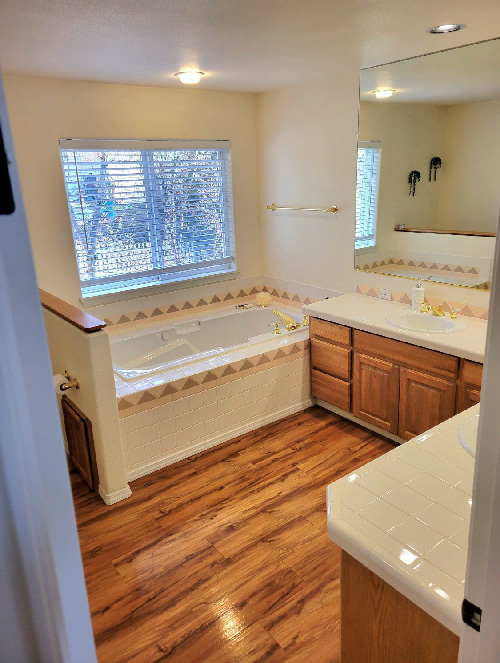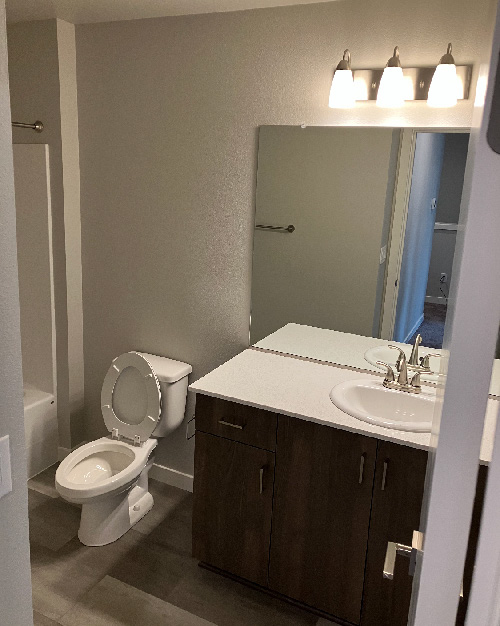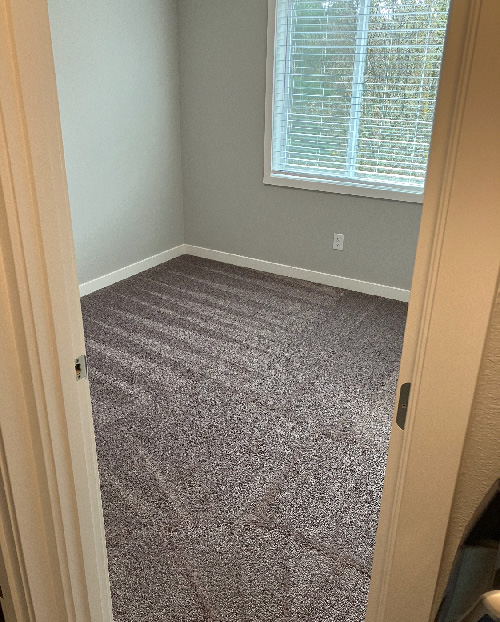Introduction
Summer is a time of warmth, sunshine, and outdoor activities. However, for many people, it also means the onset of allergies. Whether it's pollen from blooming flowers or dust from open windows, summer allergies can make life uncomfortable. If you're one of those who dread this season due to sneezing, itchy eyes, and runny noses, you’re not alone. Fortunately, there are effective ways to manage these symptoms with the right housekeeping solutions.
In this article, we’ll explore how our cleaning services can help alleviate your summer allergies by creating a cleaner and healthier living environment. We'll delve into various strategies to minimize allergen exposure at home, tips for maintaining a clean space throughout the summer months, and why hiring a professional cleaning service might just be your best bet.

Understanding Summer Allergies
What Causes Summer Allergies?
Summer allergies are primarily triggered by two main culprits: pollen and mold spores. The warm weather encourages plants to cleaning services https://naomiscleaning.com/why-use-naomis-cleaning-service/ https://naomiscleaning.com/location/cleaning-service-in-beaverton-oregon/ https://naomiscleaning.com/location/cleaning-service-in-tigard-oregon/ https://naomiscleaning.com/location/cleaning-service-in-hillsboro-oregon/ https://naomiscleaning.com/location/cleaning-service-in-cedar-hills-oregon/ bloom and release pollen into the air. Some common allergens include:
- Trees: Oak, birch, cedar Grasses: Bermuda grass, Timothy grass Weeds: Ragweed
In addition to outdoor allergens, indoor allergens like dust mites and pet dander can exacerbate symptoms during the summer months.
Symptoms of Summer Allergies
Common symptoms include:
- Sneezing Nasal congestion Itchy or watery eyes Coughing Fatigue
Understanding these symptoms can help in identifying potential triggers in your environment.
How Do Allergens Enter Your Home?
Allergens can easily find their way indoors through open windows or doors. They may also hitch a ride on clothing or pets entering your home. Keeping allergens at bay involves more than just closing windows; it’s about implementing comprehensive cleaning strategies.
Navigating Summer Allergies? Consider Our Housekeeping Solutions!
The Importance of Clean Indoor Air Quality
Indoor air quality significantly impacts allergy sufferers. Pollutants such as dust mites and mold thrive in unclean environments. Regular cleaning can dramatically improve the air quality in your home.
Why Focus on Housekeeping?
Reduction of Allergen Accumulation: Regular vacuuming and dusting minimize allergen buildup. Prevention of Mold Growth: A clean bathroom and kitchen reduce moisture that fosters mold. Better Overall Health: Clean spaces contribute to better well-being beyond just alleviating allergy symptoms.Effective Cleaning Strategies for Allergy Relief
Declutter Your Space
A cluttered home can trap dust and create hiding spots for allergens. Here are some tips for decluttering:
Identify Clutter Zones: Focus on areas like bedrooms and living rooms. Regularly Sort Through Items: Dispose of items that you no longer need. Use Clear Storage Bins: Helps keep items visible while reducing dust accumulation.Vacuuming Techniques That Work
Using HEPA filter vacuums is crucial when battling allergies:

- Frequency: Aim to vacuum carpets at least twice a week. Technique: Use slow passes over carpeted areas to ensure maximum dirt removal.
Vacuuming Tips:
| Vacuum Type | Benefits | |-------------|----------| | HEPA Filter | Traps tiny particles | | Bagged Vacuum | Reduces exposure to allergens | | Robot Vacuum | Automates cleaning routine |
Dusting Like a Pro
Dust often settles on surfaces where it can quickly become airborne again. Here’s how to effectively dust:
Use Microfiber Cloths: These capture dust instead of spreading it around. Start High & Go Low: Dust ceiling fans first; work downwards. Don’t Forget Electronics: TVs and computers attract a surprising amount of dust.Cleaning Fabrics & Upholstery
Soft furnishings are notorious for holding onto allergens:
Washing Curtains & Linens
Wash curtains regularly in hot water (at least 130°F) to kill dust mites.

Upholstery Cleaning Methods
Consider steam cleaning upholstery every few months to remove trapped allergens effectively.
Mold Prevention Tactics
Mold thrives in humid conditions common during summer months:
Identify Problem Areas
Check bathrooms, kitchens, and basements for signs of mold growth regularly.
Keep Areas Dry
- Always use exhaust fans when cooking or showering. Fix leaks promptly; standing water creates perfect breeding grounds for mold.
Air Purifiers as Allies
Investing in an air purifier equipped with HEPA filters can greatly enhance indoor air quality:
Placement Matters: Position them in high-allergen areas like bedrooms or living rooms. Regular Maintenance: Change filters according to manufacturer guidelines for optimal performance.Professional Cleaning Services vs DIY
While regular cleaning is essential for managing allergies, sometimes hiring professionals may be the best solution:
Benefits of Hiring a Cleaning Service
Expertise & Equipment: Professionals have specialized equipment designed to tackle allergens effectively. Time-Saving Solution: Less time spent cleaning means more time enjoying summer activities! Consistent Results: Professional cleaners often follow systematic procedures ensuring thoroughness every time.FAQs About Navigating Summer Allergies
1. What are the most common summer allergens?
Pollen from trees, grasses, weeds, mold spores, pet dander, and dust mites are among the top offenders during summer months!
2. How often should I clean my home during allergy season?
Aim for at least once a week; however, high-allergen areas like bedrooms may need more frequent attention—possibly even twice weekly!
3. Can pets exacerbate my allergies?
Absolutely! Pet dander is a significant allergen; regular grooming helps mitigate this issue along with consistent housekeeping efforts.
4. Is there any specific cleaning product I should use?
Look for hypoallergenic products free from fragrances! They’re gentler on sensitive noses while still being effective against dirt!
5. How does professional cleaning differ from DIY approaches?
Professional cleaners utilize advanced techniques & tools specifically designed for allergy management—resulting in deeper cleans compared to standard household methods!
6. Can plants inside my house trigger allergic reactions too?
Yes! Certain types of indoor plants may increase humidity levels leading directly towards mold growth—be mindful about which plants you choose!
Conclusion
Navigating summer allergies doesn't have to be overwhelming when armed with the right knowledge and tools! By focusing on effective housekeeping solutions—whether through DIY methods or professional services—you can significantly reduce allergen levels within your home environment.
So if you're feeling overwhelmed by seasonal sniffles and sneezes this year don't hesitate! Take charge now by considering our housekeeping solutions tailored specifically towards helping alleviate those pesky summertime allergy woes!
The road ahead looks much brighter when you create clean spaces filled with fresh air rather than unwanted irritants lingering around every corner! Here's hoping you enjoy all that this beautiful season has to offer without constantly battling those bothersome allergy symptoms!